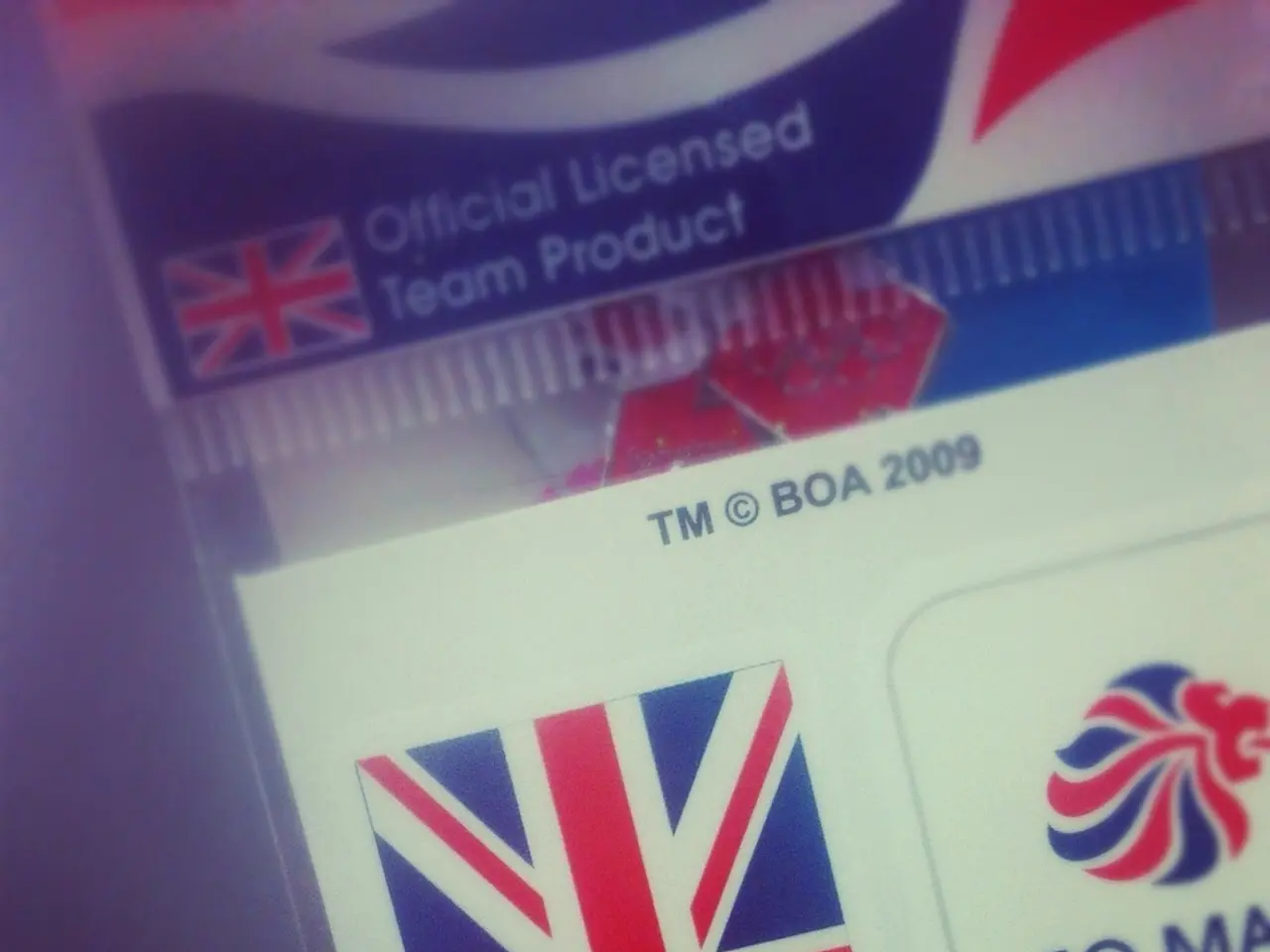UK faces criticism from Iran over perceived attempts to prohibit the Iranian Revolutionary Guards Corps (IRGC)
In the midst of heightened tensions between the UK and Iran, calls to ban the Islamic Revolutionary Guard Corps (IRGC) as a terrorist organisation have intensified. This move is part of broader concerns about Iranian state-sponsored influence and threats within the UK.
The IRGC, established following the 1979 Islamic Revolution in Iran, is a significant military, economic, and political force, and UK MPs view it as a direct threat, especially after Iran's deepening involvement in regional conflicts and its support for Russia in the Ukraine war. There have been reports of more than 20 Iran-backed plots foiled on British soil, with threats targeting various communities, including the Jewish community.
Proscription of the IRGC would criminalise membership, support, and funding of the group in the UK, making it easier to prosecute individuals connected to the group. This step would also send a stronger deterrent message, as the UK government recently banned Palestine Action and has proscribed other groups such as the Russian Imperial Movement for terrorism.
However, the UK government has so far declined to proscribe the IRGC. Officials emphasise using the ordinary criminal law "whenever possible" and reserve proscription as a "last resort" to avoid trivializing the concept of terrorism. The government points to existing sanctions, the acceptance of recommendations from Jonathan Hall KC’s review on state threats, and ongoing implementation of new legal tools as evidence of its robust stance.
Iran has routinely rejected attempts by Western governments to designate the IRGC as a terrorist organisation. Iranian officials and state media describe such moves as hostile acts of “economic warfare” and “psychological operations,” arguing that the IRGC is a legitimate branch of Iran’s armed forces responsible for national security. Iran often counters with its own rhetorical and sometimes legal measures against Western entities and individuals it deems hostile.
This debate is set against a backdrop of broader geopolitical tensions, including Iran’s regional activities and its relations with Russia and the West. The recent attack launched by Iran against Israel, consisting of around 170 drones, 30 cruise missiles, and 120 ballistic missiles, has further escalated these tensions.
The push to designate the IRGC is not without controversy. Critics argue that it could shut down diplomatic channels at a time of increasing tensions, while supporters believe it is necessary to strengthen legal tools and deterrence. Some question whether sanctioning the IRGC would make a difference, and whether it is cutting off the last vestigial links with the Iranian authorities that could be important for de-escalation.
The debate over the IRGC's designation as a terrorist organisation reflects deep concerns about Iranian state behaviour and its perceived reach into British society. As the situation continues to evolve, the UK government's stance on this issue will be closely watched.
- The increasing calls to ban the Islamic Revolutionary Guard Corps (IRGC) as a terrorist organization in the UK are linked to broader concerns about Iranian state-sponsored influence and threats, not just in the Middle East but also in the UK.
- Proscription of the IRGC would not only criminalize membership, support, and funding of the group in the UK, but it would also send a stronger deterrent message, mirroring the UK's recent ban on Palestine Action and other groups such as the Russian Imperial Movement.
- The UK government's stance on proscribing the IRGC is complex, with officials favoring the use of ordinary criminal law and reserving proscription as a last resort to avoid trivializing the concept of terrorism.
- Iran's reaction to international attempts to designate the IRGC as a terrorist organization has been consistent, with officials describing such moves as hostile acts of "economic warfare" and "psychological operations."
- Amidst the debate, the recent attack launched by Iran against Israel, comprising of around 170 drones, 30 cruise missiles, and 120 ballistic missiles, has further escalated tensions in the Middle East, serving as a vivid reminder of the complex war-and-conflicts and geopolitical issues at play.








